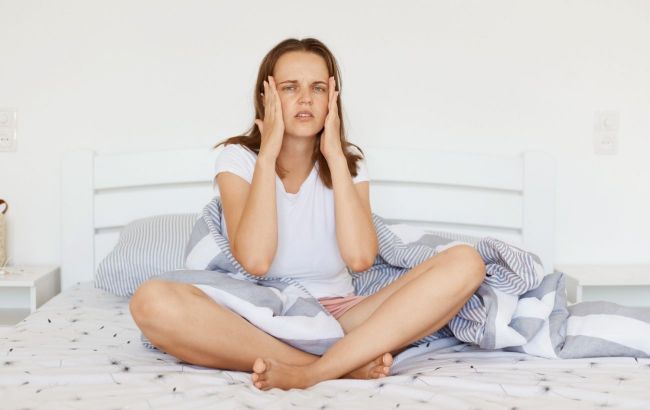Menstrual cycle: Nutritionist on what to eat and not to feel better
 Illustrative photo (Freepik)
Illustrative photo (Freepik)
The menstrual cycle is a natural process inherent to every woman. The phase of the menstrual cycle can influence productivity levels and dietary preferences, according to nutritionist Nataliia Samoilenko.
Nutrition during menstrual cycle
According to the expert, all women live according to their cycle and, unfortunately, it is challenging to be "at full capacity" throughout the entire month.
The expert detailed the characteristics of each phase of the menstrual cycle and the specifics of nutrition.
Overall, the nutritionist identified 4 phases and appropriate dietary adjustments for each.
Increase iron intake
It is advisable to choose red meat and liver.
Plant-based sources of iron include lentils, cooked spinach, pumpkin seeds, fortified cereals, tofu, and beans.
Limit caffeine
Caffeine contains tannins, which can reduce the amount of iron absorbed by the body.
It is better to drink herbal tea, such as chamomile or nettle tea.
Vitamin C
Vitamin C is an antioxidant that strengthens blood vessels and immunity.
Include the following foods in your diet: citrus fruits, bell peppers, tomatoes, and leafy greens.
Plant-based foods
Focus on cooking methods. Avoid excessive salt and fatty foods, as they can cause water retention, bloating, and cramps.
Remember to stay hydrated to prevent dehydration.
Physical exercises allowed during menstruation
Cramps, joint and muscle pain, headaches, and fatigue are just some of the symptoms that can affect physical performance.
Insomnia, poor concentration, irritability, and changes in appetite can also make women feel unwell when it comes to sports.
At this stage, it is important to listen to your body and reduce the intensity of workouts if necessary.
Light cardio, short aerobic sessions, swimming, or yoga can be good options for when you're on your period.
This material is for informational purposes only and should not be used for medical diagnosis or self-treatment. Our goal is to provide readers with accurate information about symptoms, causes, and methods of detecting diseases. RBС-Ukraine is not responsible for any diagnoses that readers may make based on materials from the resource. We do not recommend self-treatment and advise consulting a doctor in case of any health concerns.

